AUTHOR : ISTELLA ISSO
DATE : 13/12/2023
In the dynamic landscape of the Indian digital economy, the evolution of online payment processing has been a game-changer. From overcoming initial challenges to embracing technological advancements the journey has been nothing short of transformative. Let’s delve into the intricacies of online payment processing in India and explore the factors that have shaped its growth.
Evolution of Online Payment Processing in India
Early Challenges
In the nascent stages, online payment processing faced skepticism and numerous challenges. Issues such as security concerns, limited internet penetration, and a lack of trust in digital transactions hindered widespread adoption.
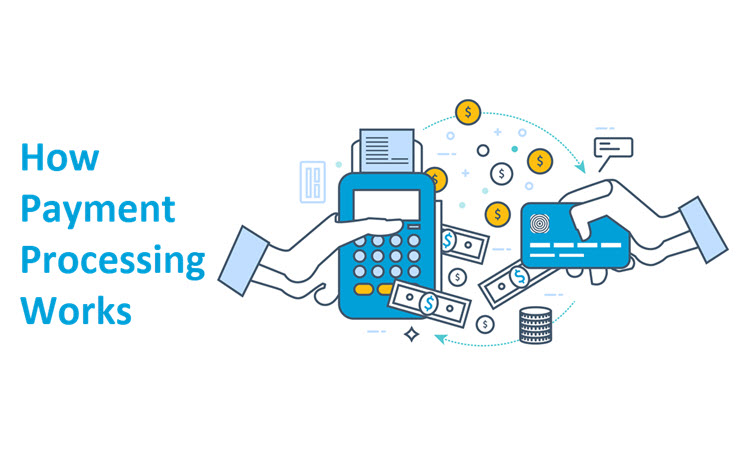
Technological Advancements
However, with rapid technological advancements, the scenario changed. Secure payment gateways, encryption protocols, and improved internet infrastructure paved the way for a more seamless online payment experience.
Key Players in the Indian Online Payment Industry
Leading Payment Gateways
Companies like Paytm, Razorpay, and Instamojo emerged as pioneers, providing robust payment[1] gateways that facilitated secure transactions for businesses and consumers alike.
Digital Wallets and UPI Platforms
Digital wallets like PhonePe and Google Pay, along with UPI-based platforms, gained immense popularity. The simplicity and ease of use contributed significantly to their widespread acceptance.
Security Measures in Online Transactions
SSL Certificates
The implementation of SSL certificates became a standard practice, ensuring the encryption of sensitive data during online transactions, bolstering security.
Two-Factor Authentication
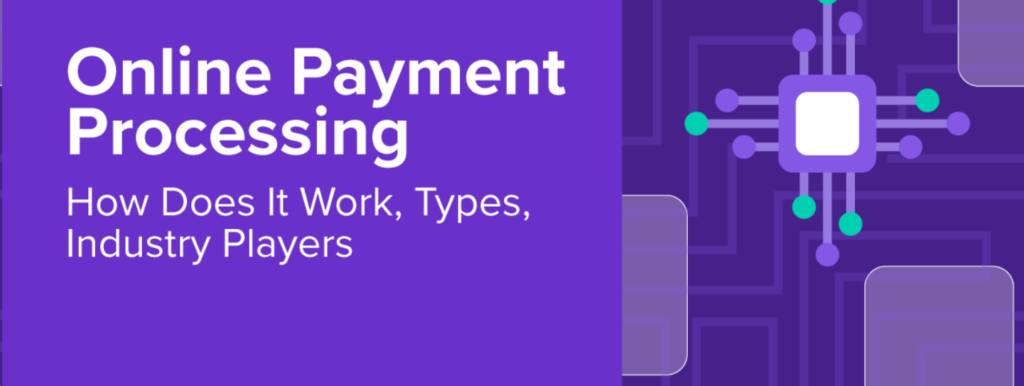
To fortify security further, two-factor authentication methods became commonplace, adding an extra layer of protection to user account.
Popular Payment Methods in India
Debit/Credit Cards
Debit and credit cards continued to be widely used, with advancements like contactless payments[2] enhancing the speed and convenience of transactions.
Net Banking
The integration of net banking options offered users an alternative method to make online payments directly from their bank accounts.
Impact of Government Initiatives
Digital India Campaign
The Digital India campaign, launched by the government, played a pivotal role in promoting online transactions and creating a digital infrastructure.
Regulatory Framework
A robust regulatory framework evolved, instilling confidence in users and businesses, and ensuring the legality and security of online payment processes[3].
Mobile Payments and Apps
Rise of Mobile Wallets
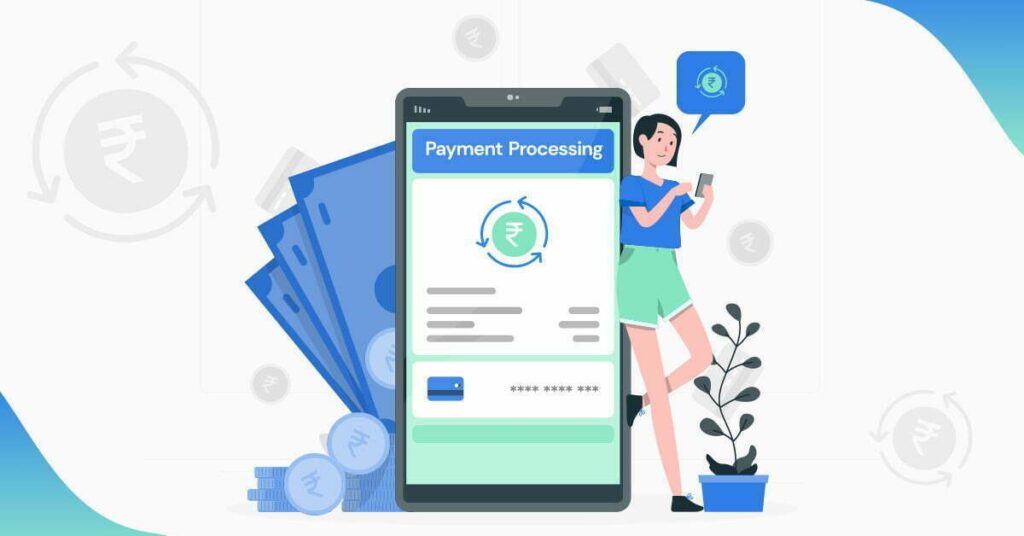
Mobile wallets gained prominence, providing users with a one-stop solution for various transactions, from bill payments to shopping.
Integration with Banking Apps
Many banks integrated advanced features into their mobile app, allowing customers to perform online transactions seamlessly within their banking applications.
Challenges Faced by Online Payment Processors
Fraud Prevention
The constant threat of online fraud necessitated continuous innovations in fraud prevention mechanisms to protect users and businesses.
Customer Trust
Building and maintaining customer trust emerged as an ongoing challenge, with businesses focusing on transparent and secure transaction processes.
Future Trends in Online Payment Processing
Contactless Payments
The future promises an increased focus on contactless payments, with advancements in NFC technology[4] and widespread adoption by businesses and consumers.
Blockchain Technology
Blockchain technology is anticipated to play a pivotal role in enhancing the security and transparency of online transaction[5] in the coming years.
The Role of Cryptocurrency in Indian Payments
Growing Interest
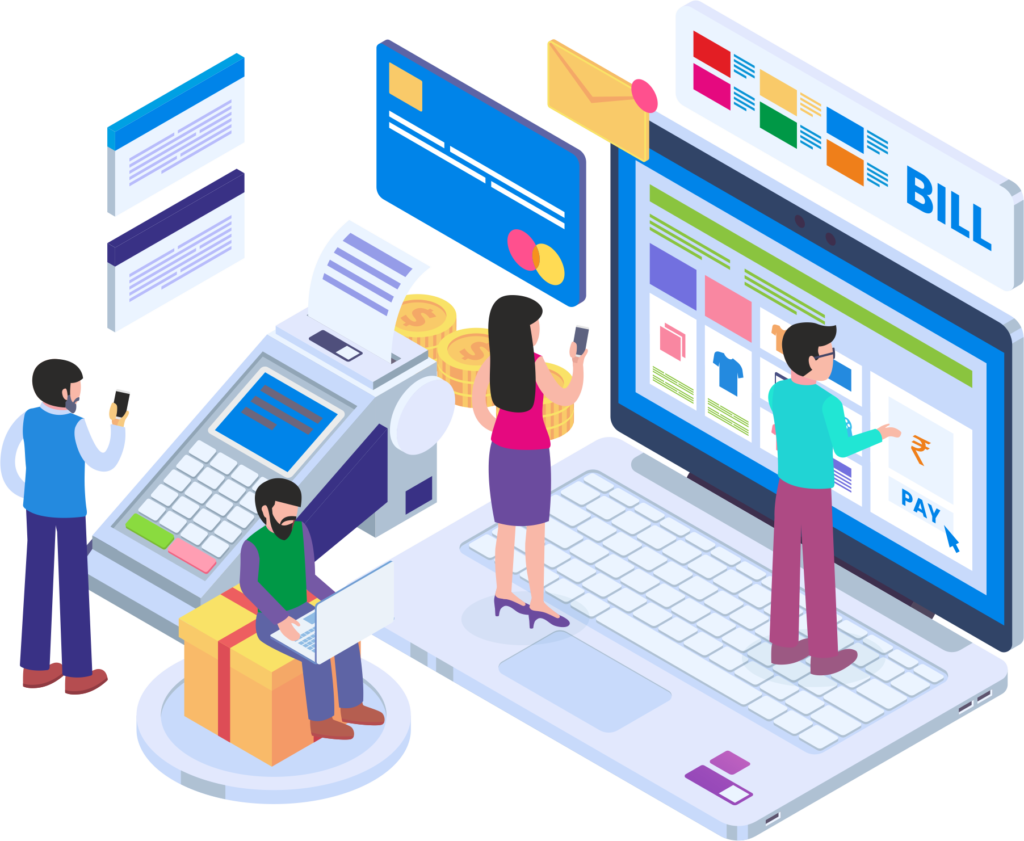
While still in a nascent stage, the interest in cryptocurrencies is growing, with discussions around their potential role in shaping the future of online payments.
Regulatory Landscape
The regulatory landscape is evolving, with discussions and frameworks being developed to address the integration of cryptocurrencies into the mainstream financial system.
Advantages of Online Payment Processing
Convenience for Consumers
Online payment processing offers unparalleled convenience, allowing users to make transactions from the comfort of their homes or on the go.
Efficient for Businesses
Businesses benefit from faster and more efficient transactions, reducing the reliance on traditional cash-based systems and streamlining financial operations.
Educational Initiatives for Safe Online Transactions
Awareness Programs
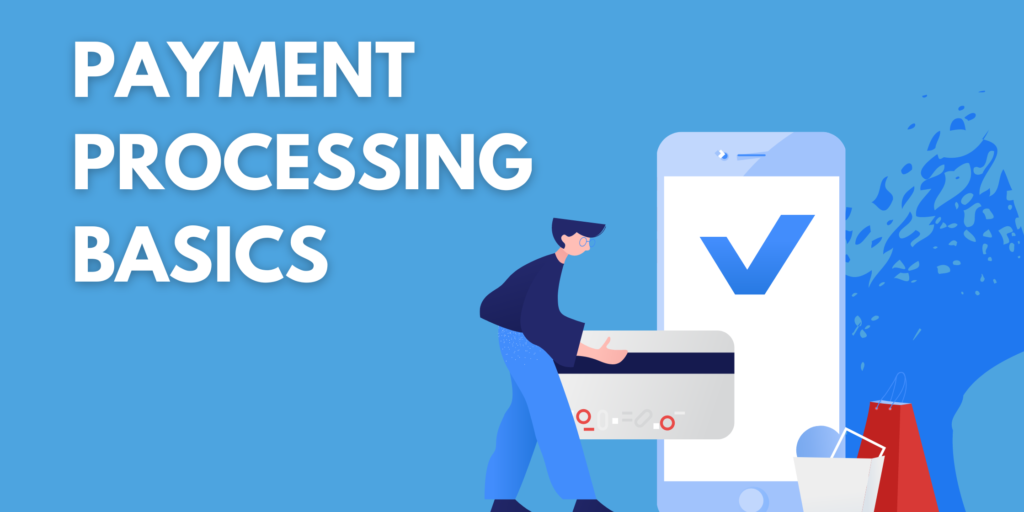
Educational initiatives, including awareness programs, play a crucial role in informing users about safe online transaction practices.
Online Tutorials
Providing online tutorials and guides helps users navigate the complexities of online payment systems, ensuring a secure and informed user base.
Conclusion
In conclusion, the landscape of online payment processing in India has witnessed remarkable growth, overcoming challenges and embracing technological innovations. The collaborative efforts of government initiatives, businesses, and users have created a robust ecosystem that fosters secure and efficient digital transactions. As we look to the future, the evolution of contactless payments, blockchain technology, and the potential integration of cryptocurrencies will continue to shape the landscape, offering exciting possibilities for both consumers and businesses.
FAQs
- Is online payment processing safe in India?
- Yes, with the implementation of advanced security measures such as SSL certificates and two-factor authentication, online payment processing in India is secure.
- What role does the government play in promoting digital transactions?
- The government, through initiatives like Digital India, actively promotes digital transactions and establishes a regulatory framework for online payment systems.
- How can small businesses benefit from online payment processing?
- Small businesses can expand their customer base and improve operational efficiency by embracing online payment methods, as demonstrated by successful case studies.
- What are the future trends in online payment processing?
- The future holds an emphasis on contactless payments, blockchain technology, and potential advancements in the integration of cryptocurrencies.
- Are there educational resources available for understanding online payment systems?
- Yes, various awareness programs and online tutorials are available to help users understand and navigate the world of online payment processing

